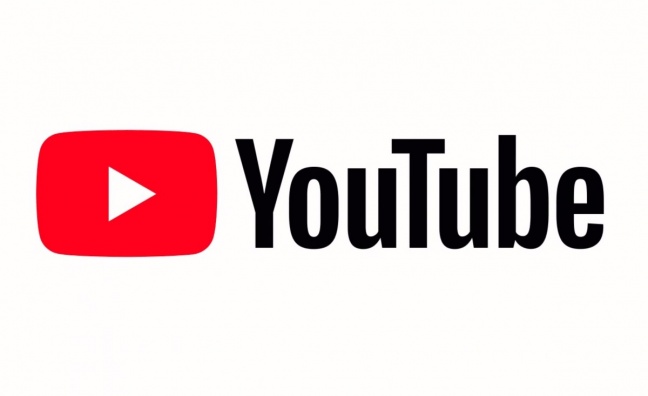A good maxim for life in the music business has always been that, when you’re in a hole, stop digging. YouTube, however, has decided to buy a bigger shovel.
Having lost the Article 13 argument in the European Parliament, many in the music business expected YouTube to drop the ‘Save Your Internet’ line, or at least change tack. But the tech giant has spent the last couple of weeks doubling down on the tactic, presumably in an attempt to soften the wording of the new legislation.
There’s a certain irony that a company sometimes so taciturn that it can refuse to answer the most simple questions, should suddenly find its voice on a much more complicated issue. It’s certainly a lot more complex than some of YouTube’s flurry of blogposts makes it sound.
YouTube global head of music Lyor Cohen has, of course, earned the right to be listened to, and he may well have a point about the potential disparity between the money YouTube pays rights-holders and the cash those rights-holders pass on to artists and songwriters. His call for transparency is one the industry should respond to positively – that, after all, is what all artists want, and most businesses have long since been doing the right thing by them.
His call for the industry to avoid “the unintended consequences” of the legislation is also no doubt well-intentioned, but it's hard to imagine the music biz genuinely launching a mass takedown attempt on online cover versions (although if it spared us another pop-punk take on a pop banger it would have my whole-hearted endorsement). In fact, the real unfortunate by-product of this renewed row may be rather more serious. YouTube is to be commended on the commitment it’s made lately to repair its industry relations and make YouTube Music a serious subscription player.
But, while YouTube has undoubtedly made a significant contribution to music biz finances, its free tier is yet to compare with other platforms, and remains out of line with the scale of its own business which, after all, has been largely built upon copyrighted material. So, with the rhetoric ramped up to 11 on both sides (and not everything said by the biz has been entirely constructive either), the danger is that – whoever eventually emerges the victor in Europe – YouTube’s relationship with the music industry might consequently be reset to ‘toxic’.
Lest we forget, in the immediate aftermath of the Copyright Directive vote, YouTube owner Google called for a “close partnership” with the creative industries. Time then, surely, to heed that advice: let’s all stop digging, and start talking.









